When Merle Travis recorded his beloved (and never-out-of-print) Folk Songs from the Hills album in 1947, he included a version of “I Am a Pilgrim” that would inspire decades of loving imitations by artists such as Bill Monroe and Doc Watson, Johnny Cash and The Byrds.
Some people figured Travis must have written the song himself — after all, the same album included two of his best-known originals, “Dark as a Dungeon” and “Sixteen Ton” — but actually “I Am a Pilgrim” is a traditional gospel tune that has deep roots among white and African-American musicians alike.
From Camp Meetings … and, well, from jail …
In an introduction on his recording 75 years ago, Travis can be heard saying, “When I first got big enough to start running around by myself at night, the first place I wanted to go was to the camp meetings and to the brush arbor meetings and hear them sing the good old songs. I learned a lot of the old songs, but there was one specially that I liked better than all the rest, and I remember it today just as well as I did the day I learned it.”
Nice story. Actually, though, Kentucky-born Travis had a mentor: legendary fingerpicking stylist Mose Rager of Muhlenberg County.
Legend has it that Mose's brother Lyman learned "I Am a Pilgrim" while in jail in Russellville, Ky, when he heard it being sung by a black prisoner in a nearby cell. Another version of the yarn places the jailhouse in Elkton, Ky. Wherever lockup actually was, Lyman was said to have later taught the song to his brother, Mose, who in turn taught it to their young neighbor, Merle Travis.
Mose Rager Remembers
In a early 1960s film, Mose Rager is heard telling folklorist D.K. Wilgus about the tune’s origin.
“We sang that old song around here years ago,” he said. “It’s just an old brush arbor song. Everybody sang it; Merle Travis and my two brothers, we’d all get together out here … out to the edge of town and just sit out there till about 12 o’clock and sing old hymns.”
We don’t know the name of the black singer whom Lyman Rager heard in that Kentucky jail, but as Asheville, NC, musician/author Wayne Erbsen has noted, “I Am A Pilgrim” was recorded “by 14 African-American groups before it was even a gleam in Merle Travis' eyes."
Pre-Merle Renditions
The first of those groups was the Norfolk Jubilee Quartette, which recorded the song in 1924 for Paramount Records.
The Tidewater Virginia group released dozens of records between 1921 and 1940 — much of it gospel, but also blues and jazz numbers — and in their hands, “I Am a Pilgrim” has a bit of the kick that would come down to Travis two decades later.
Among other little known groups to record it were The Good Will Male Chorus (1927), South Carolina Quartette (1928), Mound City Jubilee Quartette (1935), Heavenly Gospel Singers (1936), Golden Gate Quartet (1939) and Southern Wonder Quartet (1940).
Bluegrass Attachments
Of course, the song also has strong bluegrass attachments. Carl Story, considered the father of bluegrass gospel sound starting in the 1940s, said he knew the song from the repertoire of Georgia country music pioneer Riley Puckett.
Story learned it as a little boy when his father took him to hear Puckett play in Lenoir, NC. Puckett’s recordings were to inspire everyone from Bill Monroe and Flatt and Scruggs on. Many bluegrass lovers also came to know the tune as strictly an instrumental, because of guitarist Clarence White’s picking on the Kentucky Colonels’ iconic 1964 album, Appalachian Swing!
A Possible Origin Story
But how did the song come about in the first place? A good question, that. Our research has turned up no definitive author, but it does find this to be an excellent example of how folk songs evolve.
A connection to classic Christian hymn writing seems obvious, because the lyrics cite some rather esoteric New Testament verses. The title, for instance, seems to refer to The Epistle to the Hebrews (11:13), which reads in part, “…and confessed that they were strangers and pilgrims on the earth.” Also, one verse says, "If I could just touch the hem of his garment" which appears to allude to a story in the Book of Matthew (9:20) in which a woman is healed after touching Jesus' robe.
All this might mean we should look for an origin in an 1841 composition by South Carolina poet Mary Dana Shindler, whose hymn “I Am a Pilgrim and I Am a Stranger” contained such Bible references. A rendering of that song actually was one of the first records ever released, specifically a 1917 disc pressed on Victor by The Imperial Quartet.
However, the melody there is absolutely nothing like what’s come down to us from Merle Travis. In other words, it is highly unlikely that any of those 14 African-American groups recording “I Am a Pilgrim” between 1924 and 1947 were listening to that thing. A better theory is that concurrent with white churchified rendering were more soulful African-American versions.
We do know that in 1925 — just one year after the Norfolk Quartette’s Paramount recording — the song showed up in a book called, The Negro and His Songs: A Study of Typical Negro Songs in the South by Howard W. Odum and Guy B. Johnson.
In addition, folklorists John and Ruby Lomax also collected a version of it during their 1939 Southern states recording trip.
Our Take on the Tune
For The Flood, it all began a few weeks ago when Charlie took his first stumbling steps — slipping and a-sliding, as it were — in learning some bottleneck technique on his new resonator guitar. Right away, what came out reminded him of the old gospel tune from his youth — he even recalled Grandma Robertson humming it while she washed dishes — but he just couldn’t seem to get the song down.
Then Danny came along, took one listen and started just naturally channeling an old Doc-Watson-cum-Chet-Atkins vibe, laying down an absolutely rock solid foundation.
Sam grabbed his “E” harp and found his groove, Randy jumped in with some beautiful harmony for the choruses, and suddenly “I Am a Pilgrim” landed righteously in the repertoire.




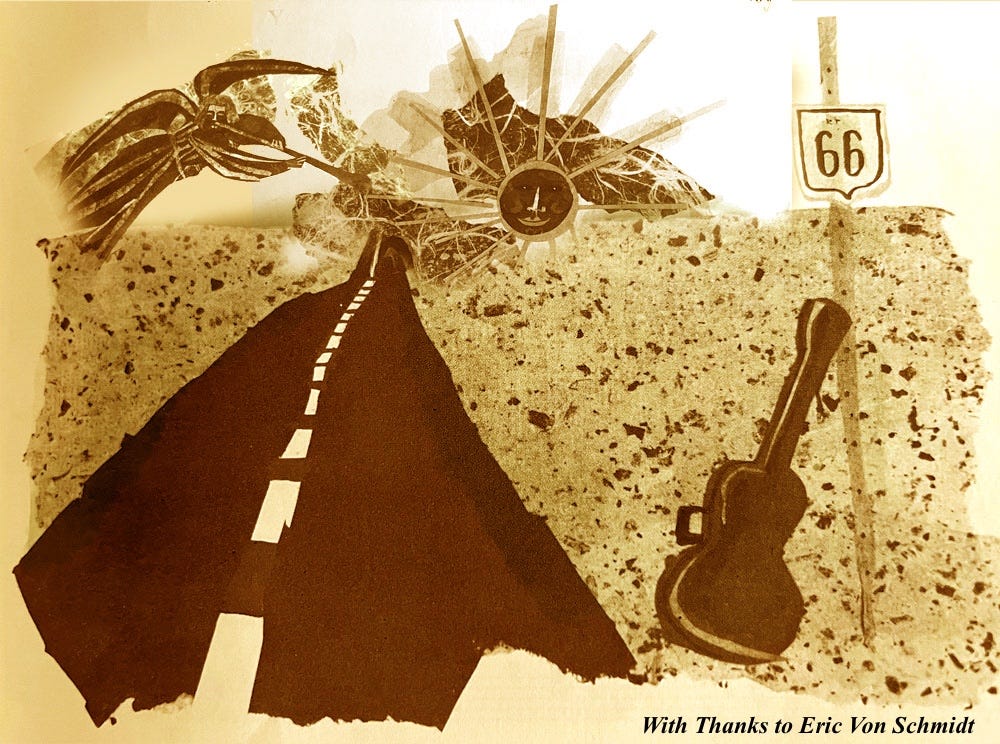
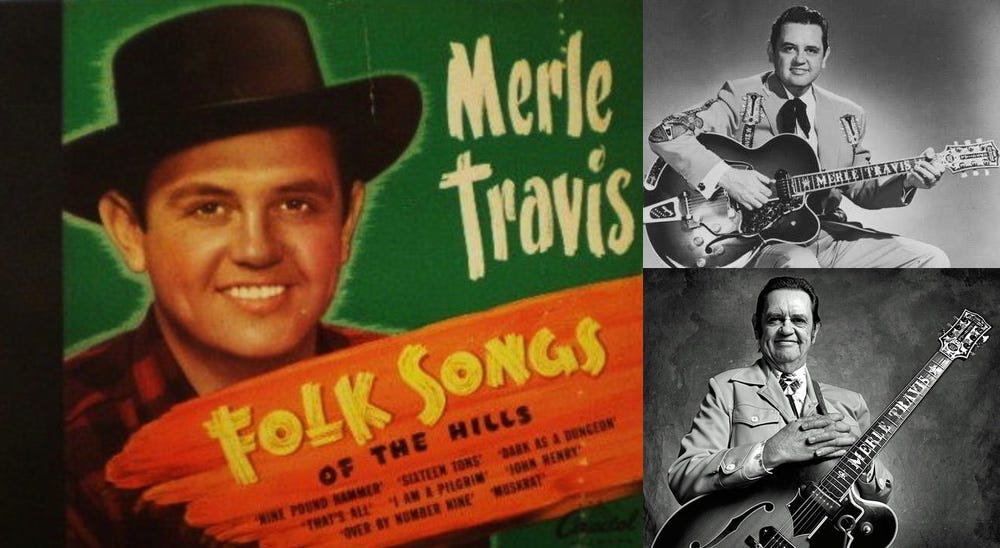

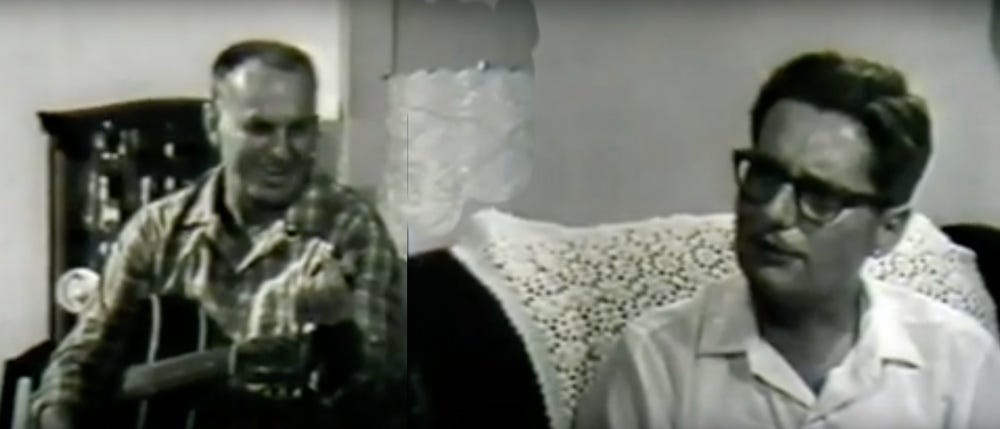
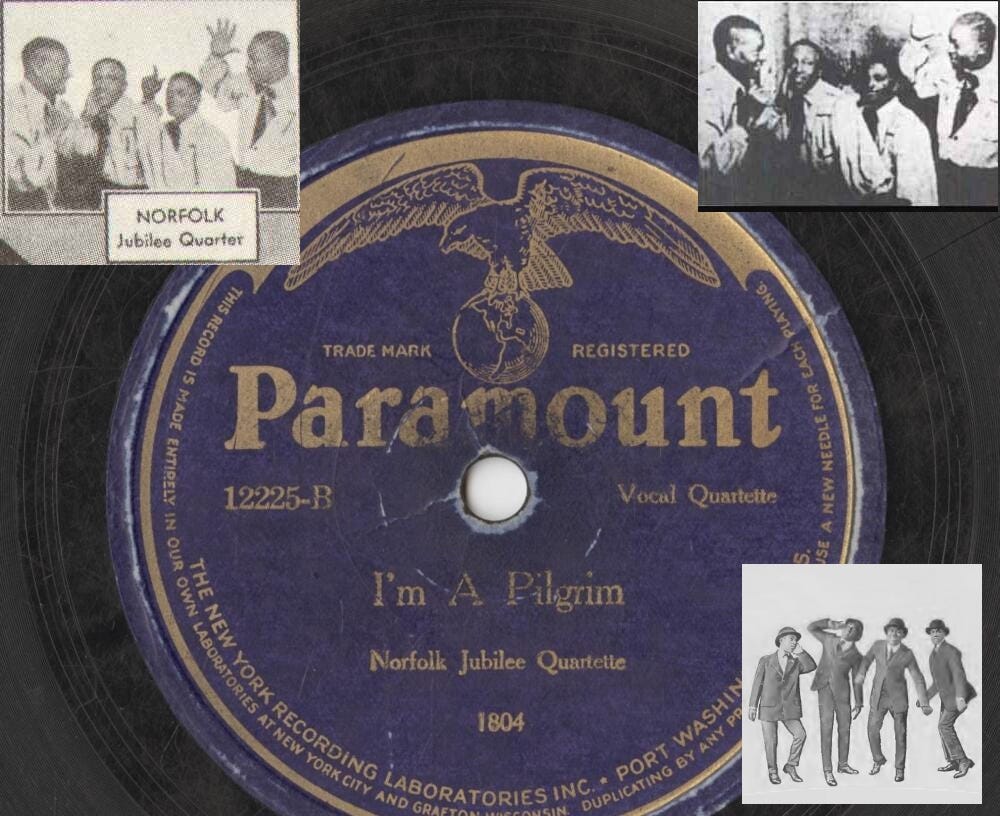

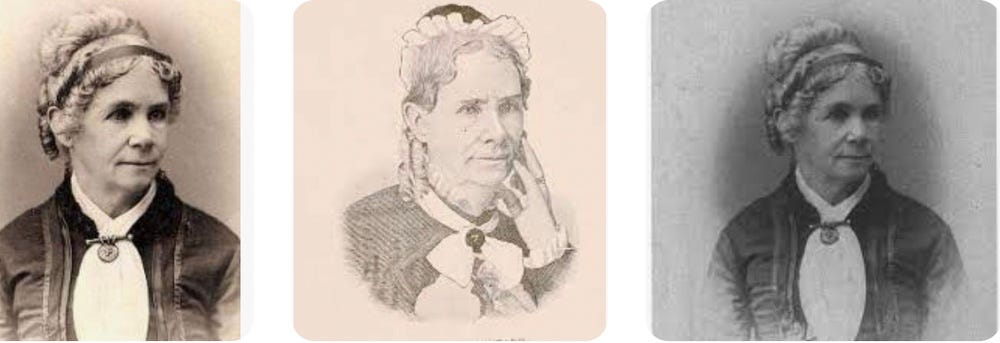
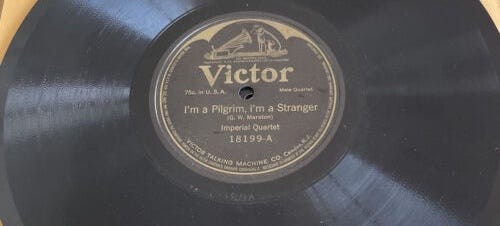
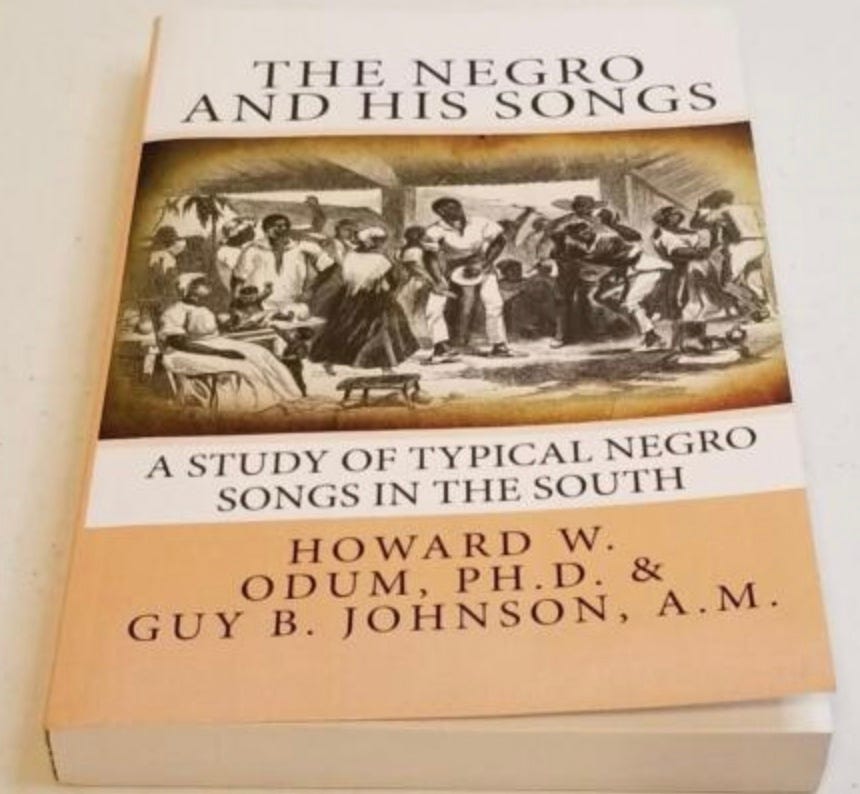
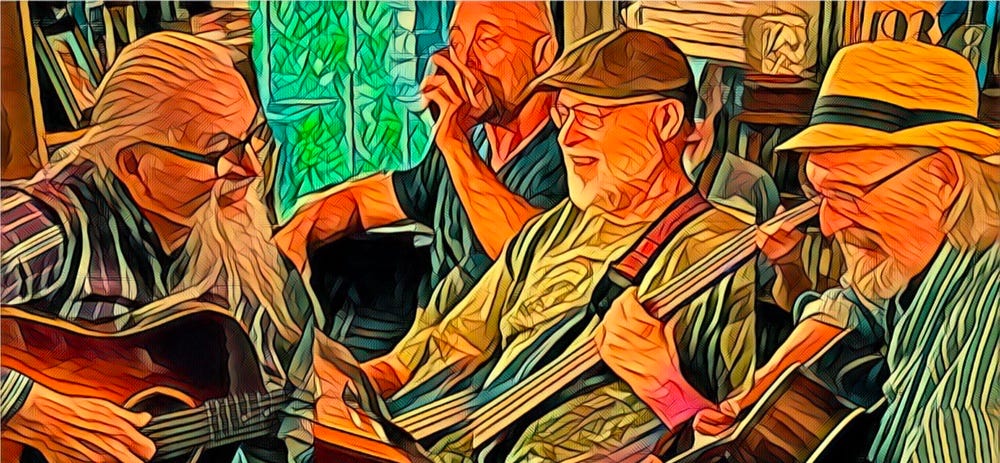




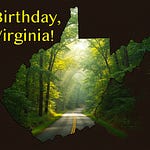

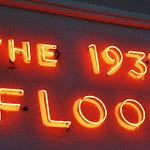
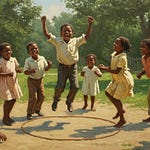

Share this post